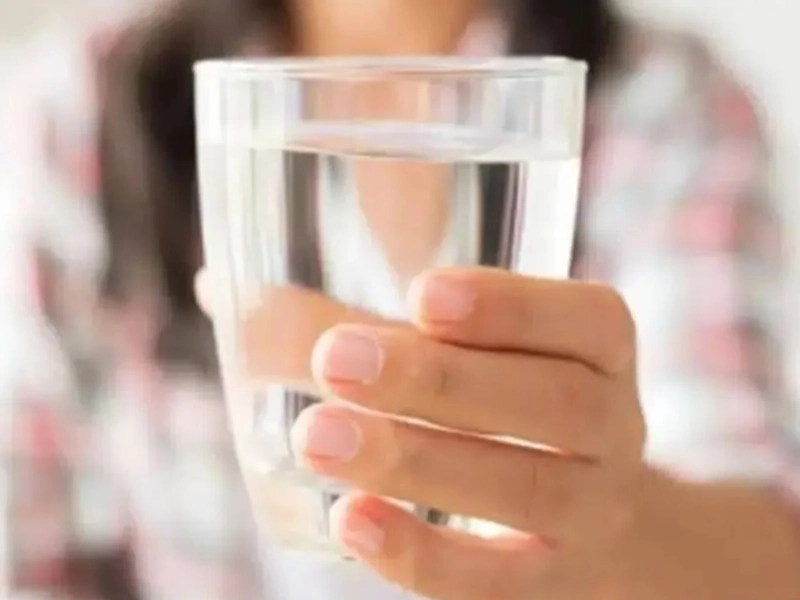Advertisement
5. Personalized Hydration: Factors Affecting Fluid Needs

It's a myth that everyone requires the same daily water intake. Actually, hydration demands can differ greatly between individuals and even daily for the same person. Knowing the elements that affect fluid needs will enable you create a customised hydration plan more successful than depending on a general guideline.
Determining fluid needs depends much on body size and composition. Generally speaking, bigger people need more fluids than smaller ones. Furthermore, body composition counts; muscle tissue has more water than fat tissue, hence people with more muscle mass could have more fluid requirements. This is one of the reasons general hydration advice is sometimes offered in connection with body weight instead of as a fixed volume for everyone.
Another absolutely vital consideration is activity level. You sweat more and you need more fluid to replenish the more you move. Particularly in warmer weather, intense activity or manual labour can drastically raise fluid needs. The American College of Sports Medicine advises people to weigh themselves before and after workouts to ascertain sweat losses, therefore estimating their hydration needs during activity.
Hydration demands are highly influenced by environment and climate. Hot and humid environments raise sweat output, which increases hydration needs. In the same vein, high elevations can raise fluid requirements because of diuresis—a rise in urine production—and more respiratory water loss. Low humidity causes even air-conditioned spaces to be dehydrating.
There are various ways in which diet could affect hydration level. Because the body needs extra water to preserve appropriate sodium balance, a diet heavy in salt might raise fluid demands. On the other hand, a diet high in water-dense fruits and vegetables helps to balance fluid consumption generally. Furthermore, because of the water needed for protein metabolism, high protein diets could somewhat raise fluid demands.
Some medical diseases can influence the need for hydration. For instance, diabetes might cause increased urine and so fluid loss. Certain drugs, including diuretics, might potentially aggravate fluid demands. Generally speaking, pregnant and nursing women need extra fluids to sustain the physiological changes and milk output linked with these states.
Another important consideration is age. Older folks run more danger of dehydration and may have a reduced thirst response. Their regular hydration intake could need greater awareness. Children, on the other hand, have a higher percentage of body water than adults and can require much more fluids given their weight.
Furthermore influencing hydration requirements are individual differences in sweat rate and composition. While some people naturally perspire more than others, individual variations in electrolyte concentration in sweat might exist. This is the reason certain people could have to focus more on electrolyte replacement in hot weather or during vigourous activity.
One can impact hydration requirements even with daily activities and behaviours. Frequent flight travel, for instance, can be dehydrating because of the low humidity in aircraft cabin. Likewise, employment that restrict access to restrooms or liquids should call for more deliberate hydration planning.
Considering all these elements, it is obvious that no one can benefit from a one hydration advice. The secret is rather to learn about your own body and situation. Note your thirst, urine colour, and subjective experience. Think about your environment, degree of exercise, and any unique situation that can influence your fluid intake.
Tracking their fluid intake for a few days could help some people establish their usual consumption. If you're attempting to boost your fluid consumption or if you worry about achieving your hydration needs, this can be extremely helpful.
Recall that the objective is to keep adequate hydration status rather than to compel yourself to consume a particular volume. Based on your activity and surroundings, this could mean drinking more on certain days and less on others. The next part will look at some doable techniques for keeping good hydration in several contexts.
